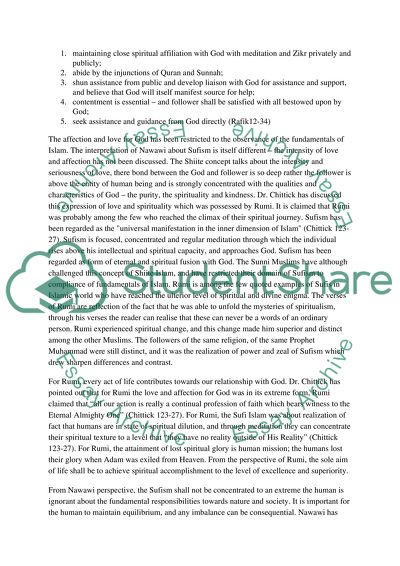Cite this document
(Rethinking Islam In The Contemporary Worldy Essay, n.d.)
Rethinking Islam In The Contemporary Worldy Essay. Retrieved from https://studentshare.org/religion-and-theology/1518577-islam-college-essay
Rethinking Islam In The Contemporary Worldy Essay. Retrieved from https://studentshare.org/religion-and-theology/1518577-islam-college-essay
(Rethinking Islam In The Contemporary Worldy Essay)
Rethinking Islam In The Contemporary Worldy Essay. https://studentshare.org/religion-and-theology/1518577-islam-college-essay.
Rethinking Islam In The Contemporary Worldy Essay. https://studentshare.org/religion-and-theology/1518577-islam-college-essay.
“Rethinking Islam In The Contemporary Worldy Essay”, n.d. https://studentshare.org/religion-and-theology/1518577-islam-college-essay.


